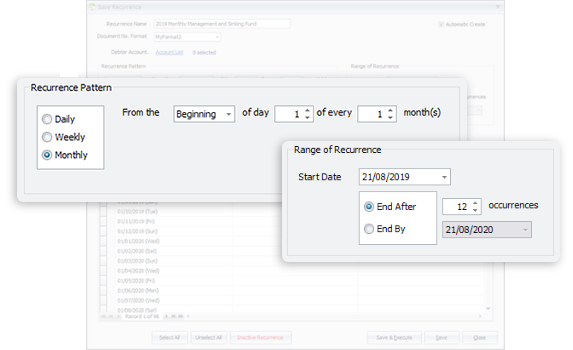Small Business Accounting Strategies for Growth
In the fast-paced world of entrepreneurship, small businesses are the backbone of innovation and economic growth. Amidst the hustle and bustle, effective small business accounting emerges as a crucial pillar for sustained success. Let's delve into the realm of financial management, exploring the key strategies that propel small businesses toward prosperity.
1. Mastering the Basics: Small Business Accounting
Navigating the intricate landscape of accounting begins with
a solid understanding of the basics. From meticulous record-keeping to precise
categorization of expenses, small business owners must lay the groundwork for
accurate financial insights. Embrace user-friendly accounting software to
streamline processes and enhance efficiency.
2. Budgeting Brilliance: Maximizing Resources
Crafting a well-defined budget serves as a compass for small
businesses, guiding them through the financial terrain. Allocate resources
strategically, ensuring that every dollar invested contributes to business
growth. Regularly review and adjust the budget to adapt to evolving market
dynamics and seize new opportunities.
3. Cash Flow Mastery: Fueling Sustainable Growth
Cash flow, the lifeblood of any business, demands vigilant monitoring.
Implement proactive measures to accelerate receivables and manage payables
judiciously. By optimizing cash flow, small businesses can weather financial
storms and position themselves for expansion.
4. Tax Efficiency: Navigating the Regulatory Maze
Small business owners must navigate the complex realm of
taxes to minimize liabilities and maximize returns. Stay abreast of tax
regulations, leverage applicable deductions, and consider consulting with a tax
professional to optimize financial outcomes. A strategic approach to taxation
ensures resources are directed towards business advancement.
5. Embracing Technology: The Digital Advantage
In the era of digital transformation, integrating technology
into small business accounting processes is no longer an option but a
necessity. Embrace automation tools for invoicing, expense tracking, and
financial reporting. This not only reduces manual errors but also frees up
valuable time for entrepreneurs to focus on strategic decision-making.
6. Financial Forecasting: Charting the Path Forward
Small businesses thrive on foresight. Leverage financial
forecasting to anticipate trends, identify potential challenges, and capitalize
on emerging opportunities. A forward-looking approach enables proactive
decision-making, empowering businesses to stay agile in a dynamic marketplace.
7. Collaborative Financial Leadership: Team Synergy
Building a financially literate team is pivotal for small
business success. Ensure that key team members understand financial reports,
fostering a collaborative environment where everyone plays a role in achieving
financial goals. A financially savvy team is an asset that propels the business
towards sustained growth.
Conclusion: Paving the Way for Prosperity
In the realm of small business accounting, mastery is not
just about number crunching; it's about strategic financial leadership. By
embracing these strategies, small businesses can unlock their full potential,
paving the way for sustained growth and success in a competitive business landscape.




Comments
Post a Comment